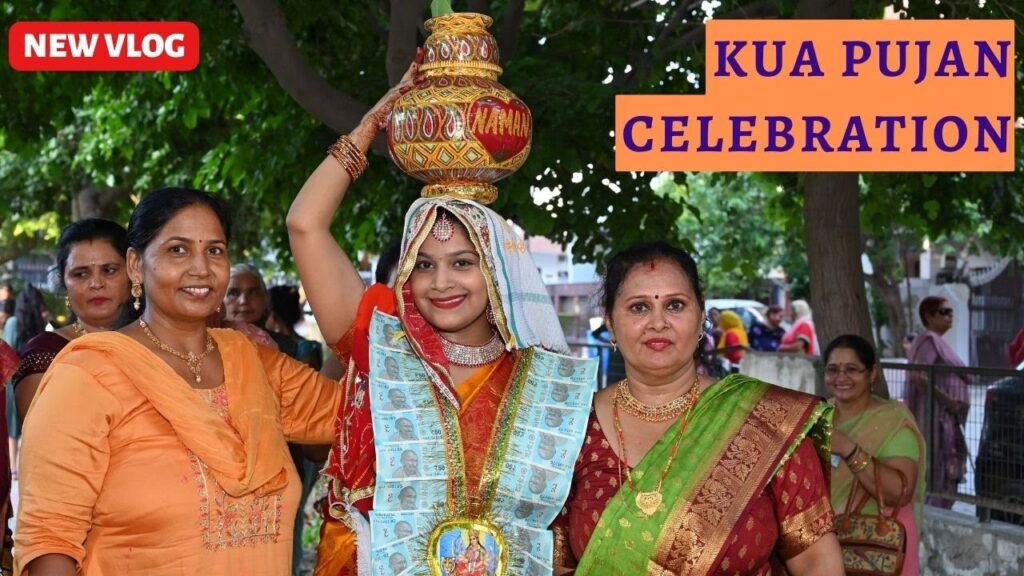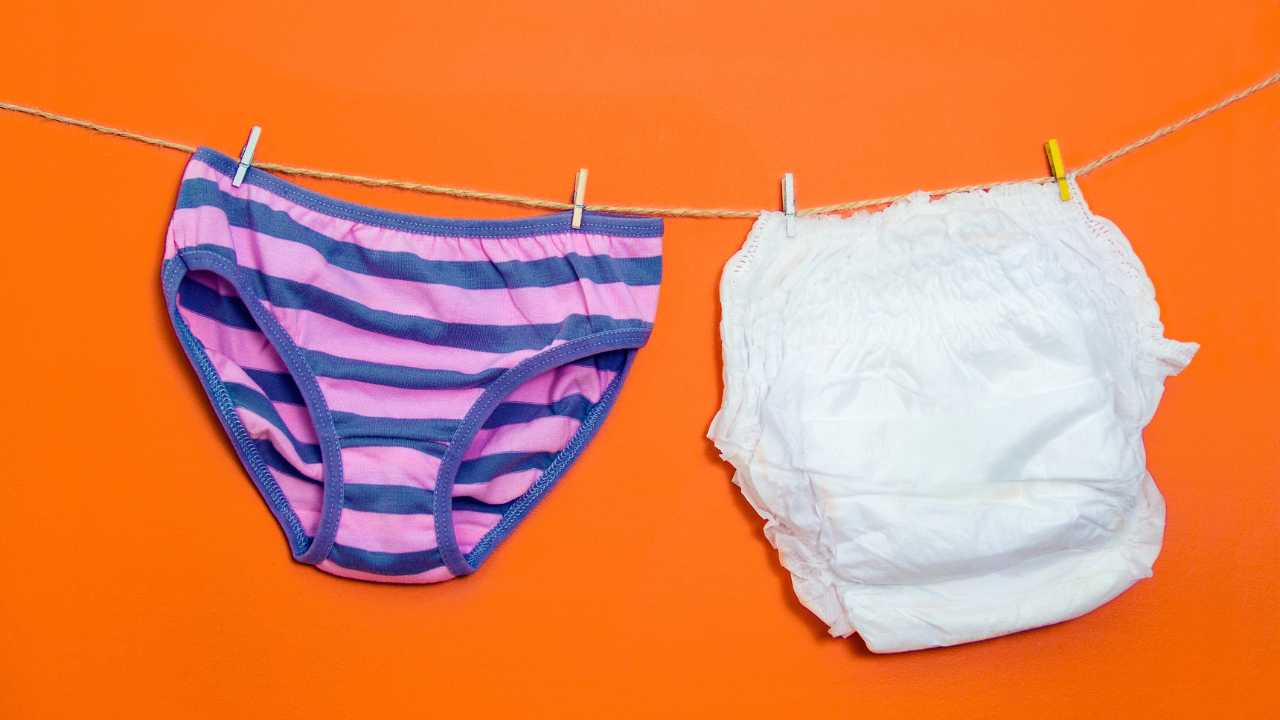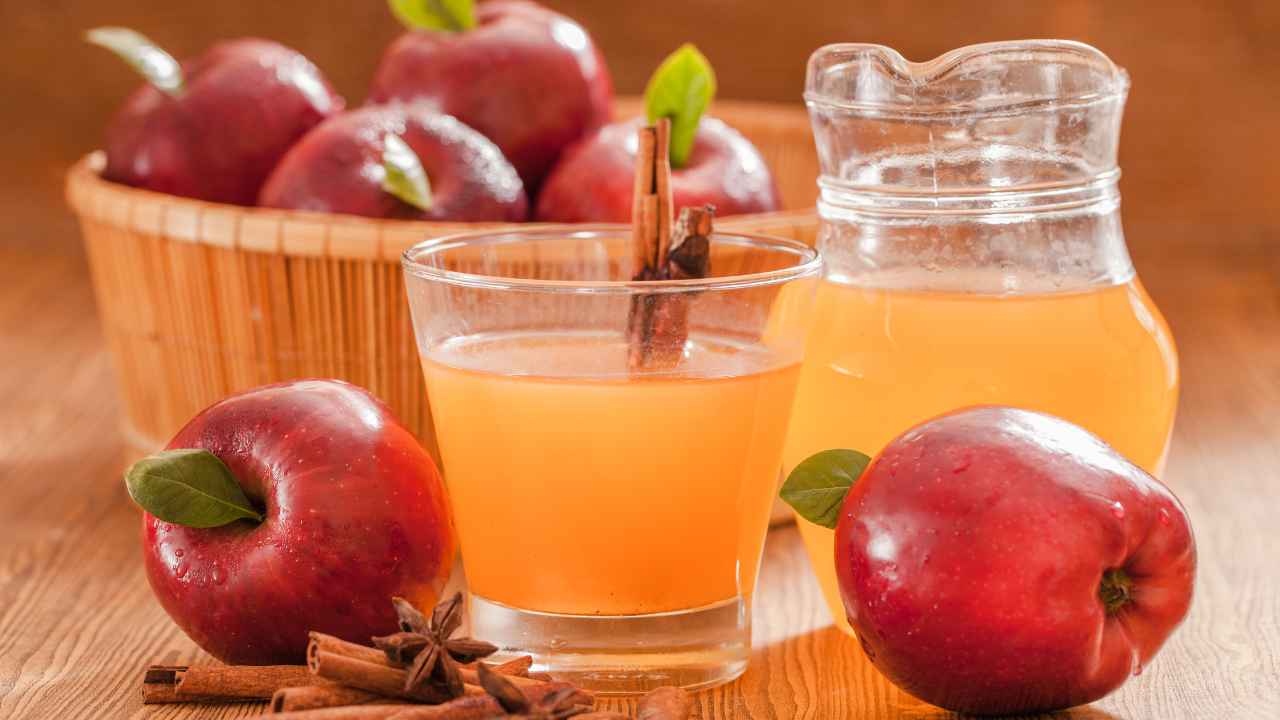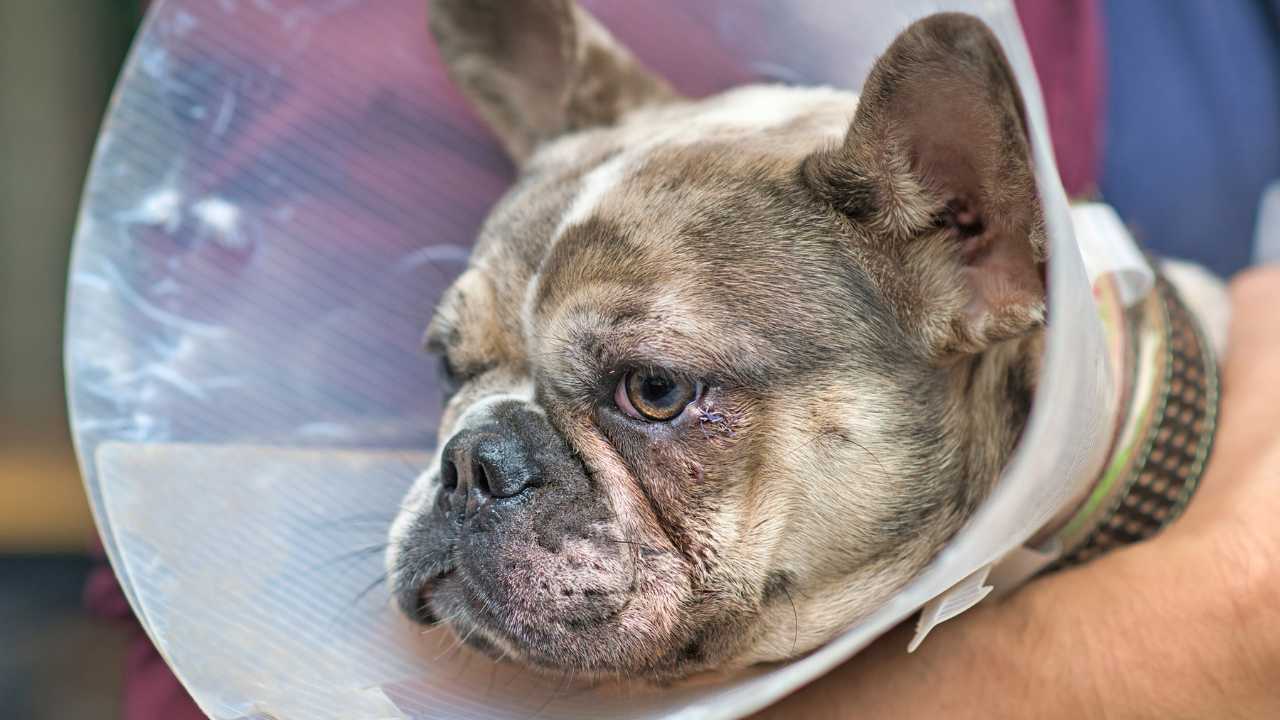Around the world, people celebrate when a baby is born, seeing it as a happy event. But along with the celebration, there’s the job of taking care of the new baby. In many traditional societies, they have special rituals and ceremonies for baby care to make sure the baby is healthy. One of these rituals is called Kua Pujan, and it’s commonly celebrated in India.
Table of Contents
Kuan Poojan
Kuan Poojan ceremony is an auspicious ritual performed after the birth of a child where mothers along with other family and friends worship the place that is the source of their drinking water and pray for the well-being of the newborn child. It is believed to bless the baby with health, prosperity and happiness.
Why kua pujan is done?
The Kuan Pujan Ceremony happens about a month after a baby is born. People celebrate it in different ways depending on where they live. The ceremony is done to show that both the mother and baby are clean. Women usually go to a well to pray for the health of a baby boy.
The word “KUAN” means well, and this tradition is really old, going back thousands of years. During the ceremony, women go to the well with drums and horns. The baby’s mother prays at the well, and then there are gifts exchanged between family members. After everything is done, the mother and baby are bathed with warm water, and they put on new clothes.
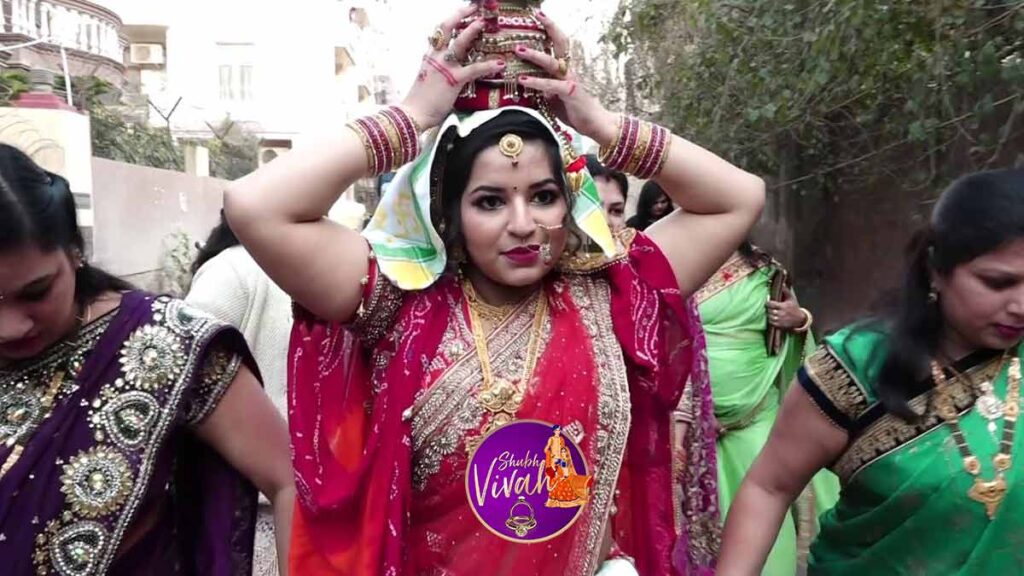
Kuan Poojan is a Hindu religious ceremony done to ask for blessings from the divine for the newborn’s well-being. This ceremony usually happens on the 11th day after the baby is born. In this ceremony, they worship water well, thinking of it as a symbol of life and fertility. The baby’s mom or dad usually does the ceremony, along with close family, relatives, and friends.
During Kuan Poojan, family members and a Pandit do a prayer ritual called puja. The Pandit also does havan kriya. Then, the family takes the baby to the well, prays, and pours milk and water into it. The Pandit prays to the well and gives blessings to the baby and mother.
Kua Pujan is not just a religious ceremony; it also has a practical purpose. In the past, wells were the main source of water and were considered holy. By doing this ceremony at a well, the family ensures the baby gets clean and pure water, which is compulsory for their health.
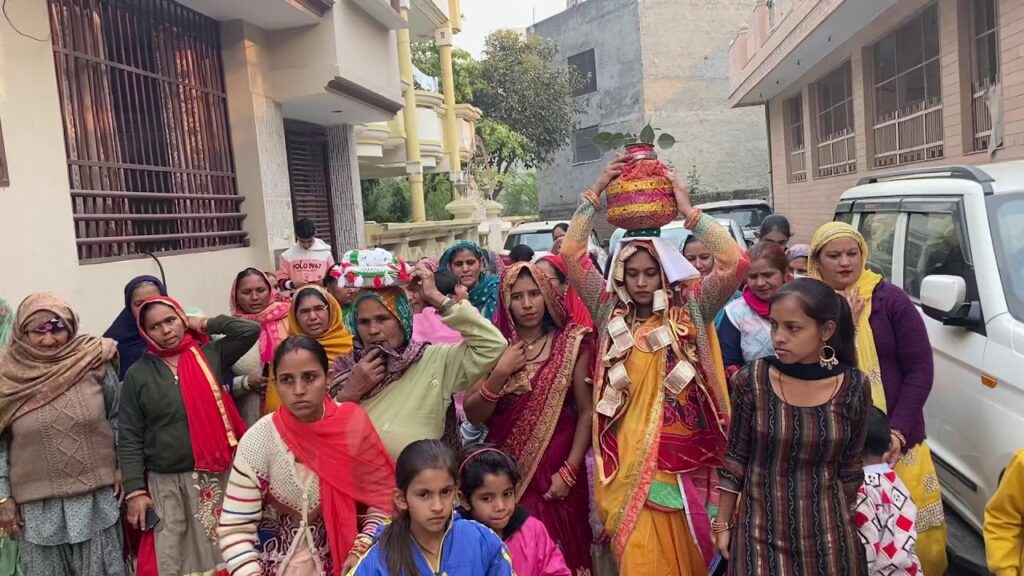
Besides Kuan Poojan or Kua Pujan, there are other baby care differences in India. For example, in many places, mothers are given a special diet after childbirth to help them recover and produce milk for the baby. Babies also receive a special diet, often a mix of ghee, honey, and other nutritious ingredients.
Along with the diet, there are other practices to ensure the baby’s health. In some regions, the baby’s head is shaved ( Mundan ceremony) after birth to promote healthy hair growth. In other cultures, the baby gets a bath with a mixture of turmeric and herbs, They understand that it cleans their skin and prevents infection.
You may like:- How to Become Foster Parents
Frequently Asked Questions (FAQs) about Kua Pujan Ceremony
What is Kua Pujan?
Kua Pujan is a traditional Hindu ceremony celebrated about a month after a baby is born. It involves worshiping a water well, symbolizing life and fertility.
What happens during the Kua Pujan Ceremony?
The ceremony involves a prayer ritual called puja, conducted by a Pandit ji, and a havan kriya. The family takes the baby to the well, pours milk and water into it, and seeks blessings for the baby and mother.
Is Kua Pujan only a Hindu religious ceremony?
While Kua Pujan is a Hindu religious ceremony, it also serves a practical purpose. In the past, wells were the primary source of water, and performing the ceremony at a well ensures the baby receives clean and pure water essential for their health.
How old is the tradition of Kua Pujan?
The tradition of Kua Pujan is ancient, dating back thousands of years. It has been a part of Indian culture for generations.


